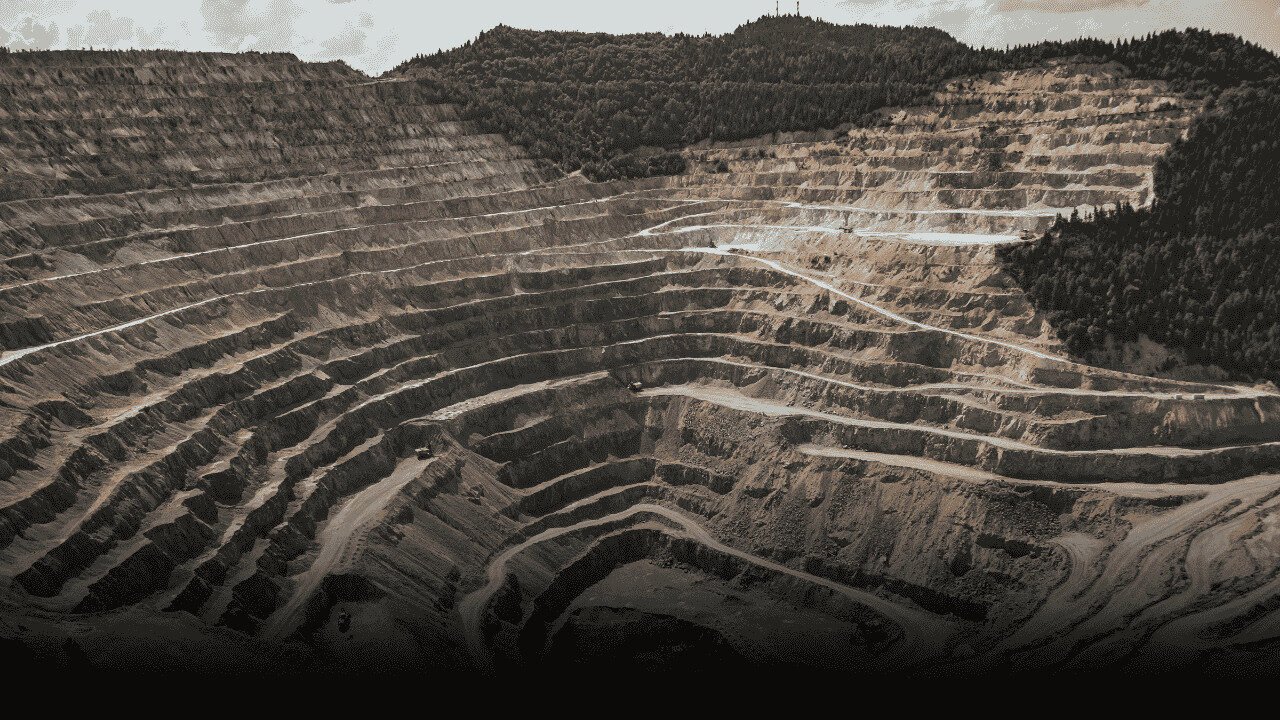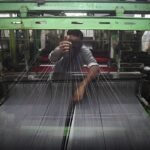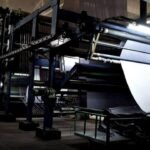By Moaaz Manzoor
Pakistan’s marble and granite industry is finally showing signs of steady recovery after years of inefficiency and low returns.
Official data indicates that modern mining techniques have dramatically cut wastage — from nearly 85 percent down to 45 percent — while attracting around Rs1.16 billion in combined public and private investment.
Mechanised Mining Brings Efficiency and Growth
According to documents reviewed by this reporter, the Pakistan Stone Development Company (PASDEC) has led efforts to modernize the country’s stone extraction process.
The shift toward mechanized mining has allowed operators to produce standardized square blocks, improving quality and meeting international export standards.
This upgrade has opened opportunities in key export markets such as China, Korea, and Italy, where buyers prefer precision-cut and uniform stones.
PASDEC’s Role in Industry Modernization
PASDEC’s support has helped 135 mines across Pakistan switch to modern quarrying methods, improving efficiency and reducing waste.
The company has worked with donor agencies, provincial mineral departments, and international partners to bring in Rs1.16 billion worth of investments.
These funds have supported equipment pools, worker training programs, and technology upgrades, marking a turning point for a sector long dominated by outdated methods.
A Vast Resource Base, Small Global Share
Pakistan is rich in stone resources, holding an estimated 30 billion tonnes of marble and granite reserves across Khyber Pakhtunkhwa, Balochistan, Sindh, Punjab, Gilgit-Baltistan, and Azad Jammu and Kashmir.
Despite this, its global footprint remains small — just 1 percent of world marble exports and 0.06 percent of granite exports. Over the past five years, Pakistan’s marble and granite exports have averaged only $37 million annually, mostly in raw, unprocessed form.
Building Machinery Locally to Cut Costs
One of the industry’s most promising developments is PASDEC’s collaboration with the Pakistan Machine Tool Factory to locally manufacture quarrying machinery.
The initiative aims to reduce dependency on imported equipment, lower production costs, and strengthen Pakistan’s engineering capacity, helping the industry become more self-reliant and competitive.
Job Creation and Regional Development
The modernization of mining operations has also brought new jobs. More than 800 technical and non-technical positions have been created, both directly and indirectly.
In underdeveloped areas — including the merged districts of the former FATA region — PASDEC-led projects have provided new income sources and business opportunities, supporting local economies that previously relied on informal labor.
Financial Performance and Future Plans
PASDEC’s financial records show it has operated without public funding since 2014, generating Rs1.074 billion in income over the past decade. The company has also extended Rs1 billion in subsidies to help miners adopt mechanized quarrying.
Looking ahead, plans include launching new industrial zones such as Marble City Risalpur and Loralai Marble City, while phasing out traditional blasting methods by 2030.
PASDEC also aims to attract foreign investors through public-private partnerships and conduct feasibility studies for new marble and granite clusters across major provinces.
A Step Toward Value-Added, Sustainable Exports
Experts say that if these modernization projects continue as planned, Pakistan’s marble and granite sector could move toward value-added production and sustainable exports.
That transition would mark a major turning point for one of the country’s most resource-rich — yet historically underperforming — industries.
Author Profile
-
Moaaz Manzoor is a business correspondent who meticulously tracks Pakistan’s crucial but neglected natural resource industries.
He specializes in exposing inefficiencies and charting the course of modernization, highlighting how efforts to mechanize mining have dramatically cut marble and granite wastage, driving a recovery and attracting vital investment.





